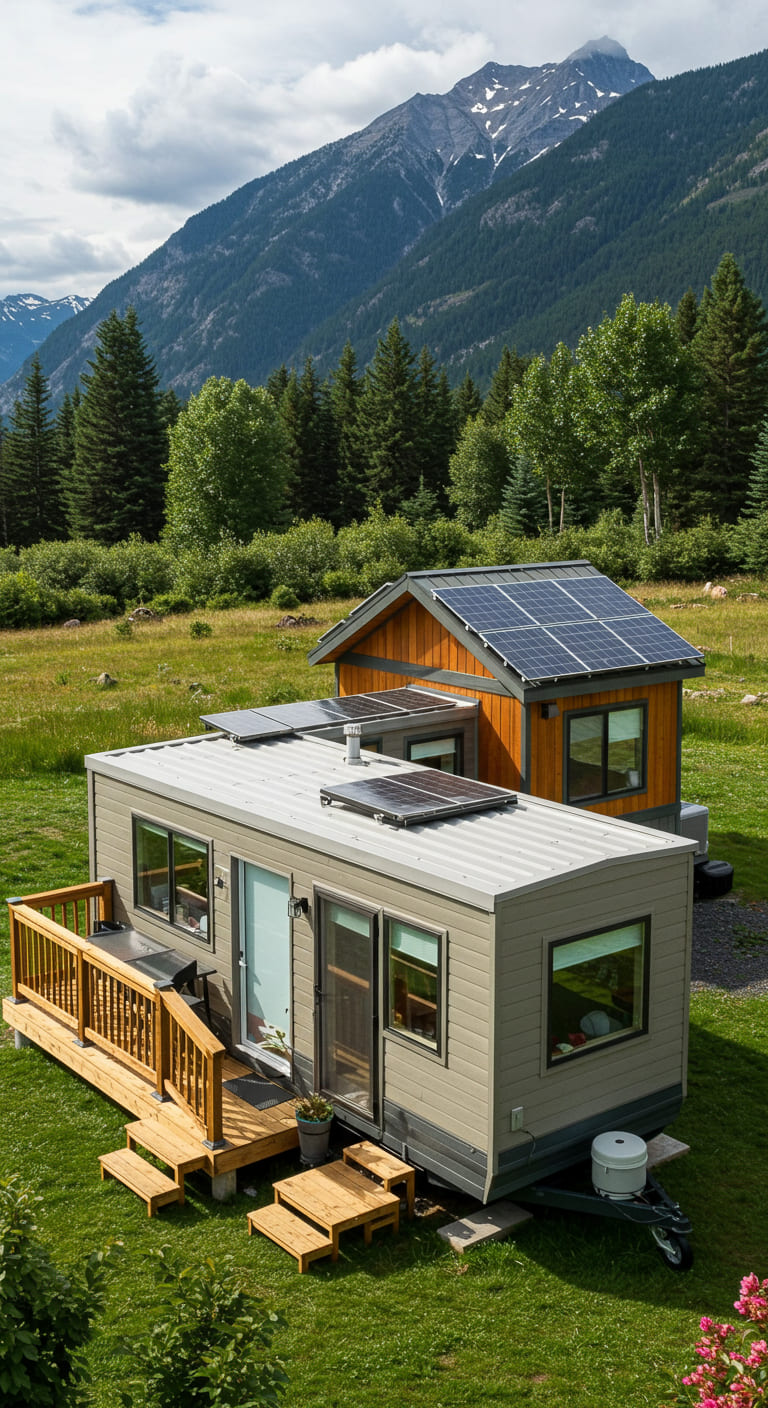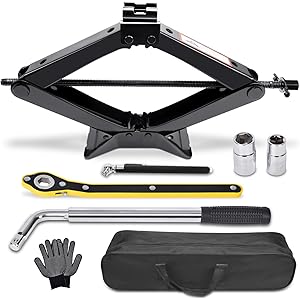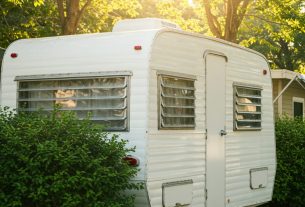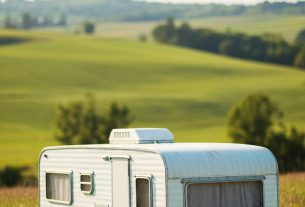When considering housing options, mobile homes often come up as a viable alternative to traditional houses. As someone who has spent time researching and reflecting on this topic, I have discovered both the advantages and drawbacks of mobile living. In this article, I aim to peel back the layers surrounding mobile homes and reveal some of the less-discussed downsides. My hope is that by sharing these insights, you can make a more informed decision about whether mobile home living is right for you.
Understanding Mobile Homes: A Brief Overview
Mobile homes, also known as manufactured homes, are factory-built dwellings that can be transported to various locations. They offer a unique blend of affordability and flexibility, making them an attractive option for many. However, they come with a set of challenges that are not always immediately apparent. Before diving into the negatives, it’s essential to understand the basic features and appeal of mobile homes.
- Cost-effectiveness: Generally, mobile homes are more affordable than traditional houses.
- Mobility: They can be relocated if necessary, offering a degree of flexibility.
- Variety: There are numerous styles and sizes available, catering to different tastes and needs.
While these features make mobile homes appealing, it is important to delve deeper into the issues that often plague mobile home living.
1. Depreciation: The Hidden Cost of Mobile Homes
One of the most significant downsides I discovered is the depreciation of mobile homes. Unlike traditional houses, which tend to appreciate in value over time, mobile homes often lose value. This phenomenon can be attributed to several reasons:
- Factory-built nature: Mobile homes are typically considered personal property rather than real estate, which affects their resale value.
- Market perception: Many buyers perceive mobile homes as inferior to traditional homes, leading to lower demand.
- Land ownership: If you rent the land your mobile home sits on, the lack of ownership can further diminish value.
Research indicates that mobile homes can lose 10% to 20% of their value within the first few years of purchase. This rapid depreciation can lead to significant financial losses, especially if you plan to sell your home down the line.
2. Quality of Construction: Are You Getting What You Pay For?
Another concern I encountered during my research is the quality of construction associated with mobile homes. While many modern manufactured homes are built to high standards, there are still numerous examples of subpar construction. Here are some factors to consider:
- Building codes: While mobile homes must comply with federal standards, the level of quality can vary by manufacturer.
- Materials: Cheaper materials may be used to keep costs down, affecting durability and longevity.
- Inspection challenges: Some mobile homes may skip essential inspections, leading to hidden issues.
I have encountered numerous case studies where homeowners faced significant repair costs due to initial construction flaws. It’s crucial to do thorough research and consider the reputation of the manufacturer before making a purchase.
3. Limited Financing Options: A Financial Tightrope
Financing a mobile home can be a more complex process than securing a mortgage for a traditional home. I found that many banks and lenders treat mobile homes as personal property, which limits financing options. Here are some key points to consider:
- Higher interest rates: Financing options often come with higher interest rates compared to traditional mortgages.
- Shorter loan terms: Many lenders offer shorter loan terms, leading to higher monthly payments.
- Need for a down payment: A substantial down payment may be required, making it difficult for some buyers to enter the market.
These financing challenges can create a financial strain for mobile homeowners, making it essential to explore all available options thoroughly.
4. Zoning and Land Use Issues: The Challenge of Location
Finding a suitable location for a mobile home can be a real challenge. Zoning laws vary significantly from one area to another, and many communities have restrictions against mobile homes. Here are some factors to consider:
- Land availability: Suitable land for mobile homes may be limited in certain regions, leading to higher prices.
- Community restrictions: Some neighborhoods prohibit mobile homes altogether, limiting your options.
- Changing regulations: Zoning laws can change, potentially affecting your ability to keep your home in a particular location.
I have spoken to many mobile homeowners who faced these challenges, making it clear that potential buyers should research zoning laws before making a purchase.
5. Maintenance and Upkeep: A Never-Ending Battle
Like any home, mobile homes require regular maintenance. However, the nature of mobile homes can sometimes make upkeep more challenging. Here are a few maintenance issues commonly faced:
- Roofing issues: Mobile homes often have flat roofs, which can lead to leaks and other water damage if not properly maintained.
- Structural integrity: Mobile homes can be more susceptible to wear and tear, requiring frequent inspections.
- Foundation concerns: Improper installation can lead to shifting, affecting the home’s stability.
In my conversations with mobile homeowners, many expressed frustration over the ongoing maintenance costs and the need for constant vigilance to prevent bigger issues down the line.
6. Social Stigma: The Perception of Mobile Home Living
Unfortunately, there is often a social stigma associated with living in a mobile home. This perception can be detrimental, impacting both personal and financial aspects of life. Here are some points to consider:
- Negative stereotypes: Many people associate mobile homes with lower socioeconomic status, leading to judgment and bias.
- Community integration: It may be harder to integrate into more affluent neighborhoods, creating feelings of isolation.
- Self-esteem issues: The stigma can affect the self-esteem of mobile homeowners, leading to feelings of inadequacy.
As I explored this aspect, it became clear that the stigma surrounding mobile homes can create emotional challenges that extend beyond the physical living situation.
7. Insurance Challenges: Protecting Your Investment
Obtaining insurance for mobile homes can be more complicated than for traditional homes. This complexity can lead to financial vulnerabilities. Here are the main issues I found:
- Higher premiums: Insurance premiums for mobile homes can be significantly higher due to perceived risks.
- Limited coverage: Some policies may not cover specific types of damage, leaving homeowners exposed.
- Difficulty finding providers: Not all insurance companies offer policies for mobile homes, limiting options.
These insurance challenges can create additional stress for mobile homeowners, emphasizing the need for thorough research and comparison before making a final decision.
8. Resale Challenges: The Difficulty of Selling
When the time comes to sell a mobile home, many owners face significant challenges. Resale values tend to be lower, and the market can be limited. Here are some key points:
- Niche market: The buyer pool for mobile homes is often smaller compared to traditional homes.
- Depreciation impact: The rapid depreciation mentioned earlier can make it hard to recoup your investment.
- Condition of the home: Any maintenance issues can further decrease marketability.
After studying numerous case studies, it became evident that many mobile homeowners struggled to sell their homes, often resulting in financial loss.
Conclusion: The Pros and Cons of Mobile Homes
In conclusion, while mobile homes can offer an affordable housing solution, they are not without their challenges. Throughout my research, I have identified several downsides, including depreciation, quality of construction, financing difficulties, zoning issues, maintenance challenges, social stigma, insurance hurdles, and resale difficulties. Each of these factors can significantly impact the experience of living in a mobile home. As someone considering this lifestyle, I urge you to weigh these challenges carefully against the potential benefits.
Ultimately, the decision to invest in a mobile home is personal and should be based on thorough research and self-reflection. By understanding the potential pitfalls, you can make a more informed choice that aligns with your lifestyle and financial goals.
FAQs
1. Are mobile homes a good investment?
Mobile homes can be a good investment for some people, particularly those seeking affordable housing. However, potential buyers should be aware of the depreciation and resale challenges.
2. What are common issues with mobile homes?
Common issues include structural integrity problems, roofing leaks, and maintenance challenges. It’s crucial to conduct regular inspections to catch any issues early.
3. How can I finance a mobile home?
Financing options for mobile homes often include personal loans, FHA loans, or chattel loans. It is advisable to shop around for the best rates and terms.
4. Are mobile homes safe to live in?
Yes, modern mobile homes are built to federal safety standards and can be safe to live in. However, the quality of construction varies by manufacturer.
5. How do I find land for my mobile home?
Research local zoning laws and available land listings to find suitable locations for mobile homes. Consider working with a real estate agent familiar with mobile home regulations.
If you found this article insightful, please consider signing up for our newsletter for more valuable content and share it with your friends on social media. Your support helps us continue to provide informative articles!
Scissor Car Jack 3 Ton (6610 lbs) Tire Changing Kit with Lug Wrench - Emergency Kit for Car, SUV, MPV
$37.83 (as of November 15, 2025 07:52 GMT -03:00 - More infoProduct prices and availability are accurate as of the date/time indicated and are subject to change. Any price and availability information displayed on [relevant Amazon Site(s), as applicable] at the time of purchase will apply to the purchase of this product.)
Sign up for our newsletter and stay up to date with exclusive news
that can transform your routine!





